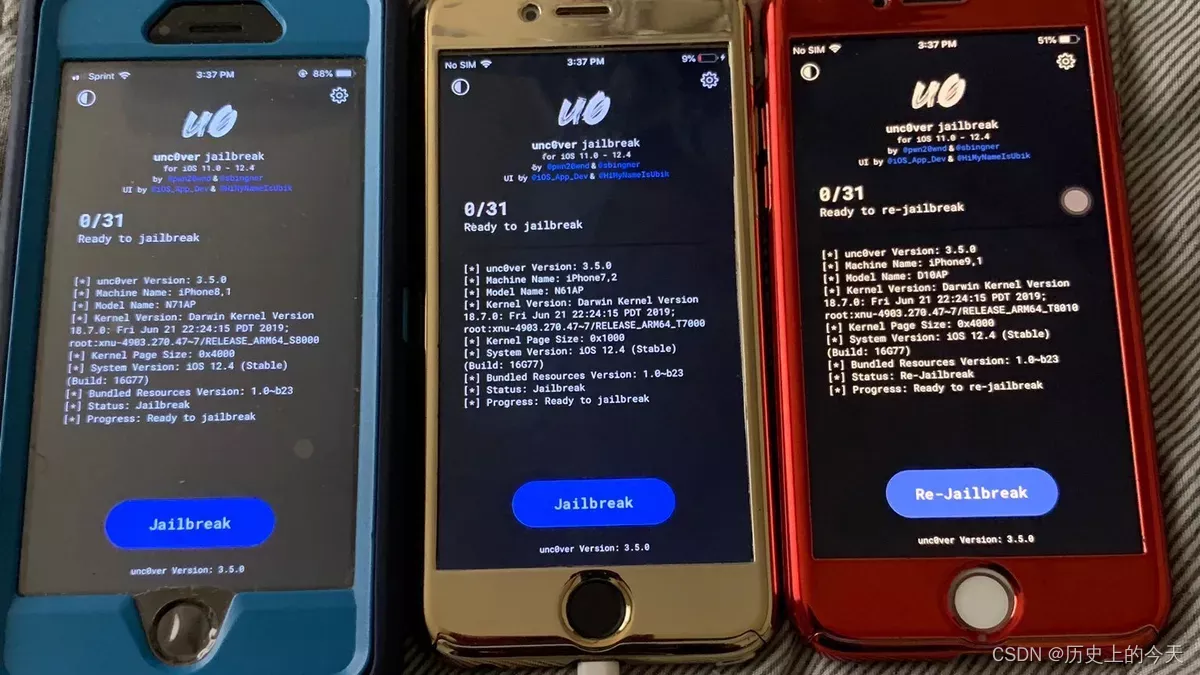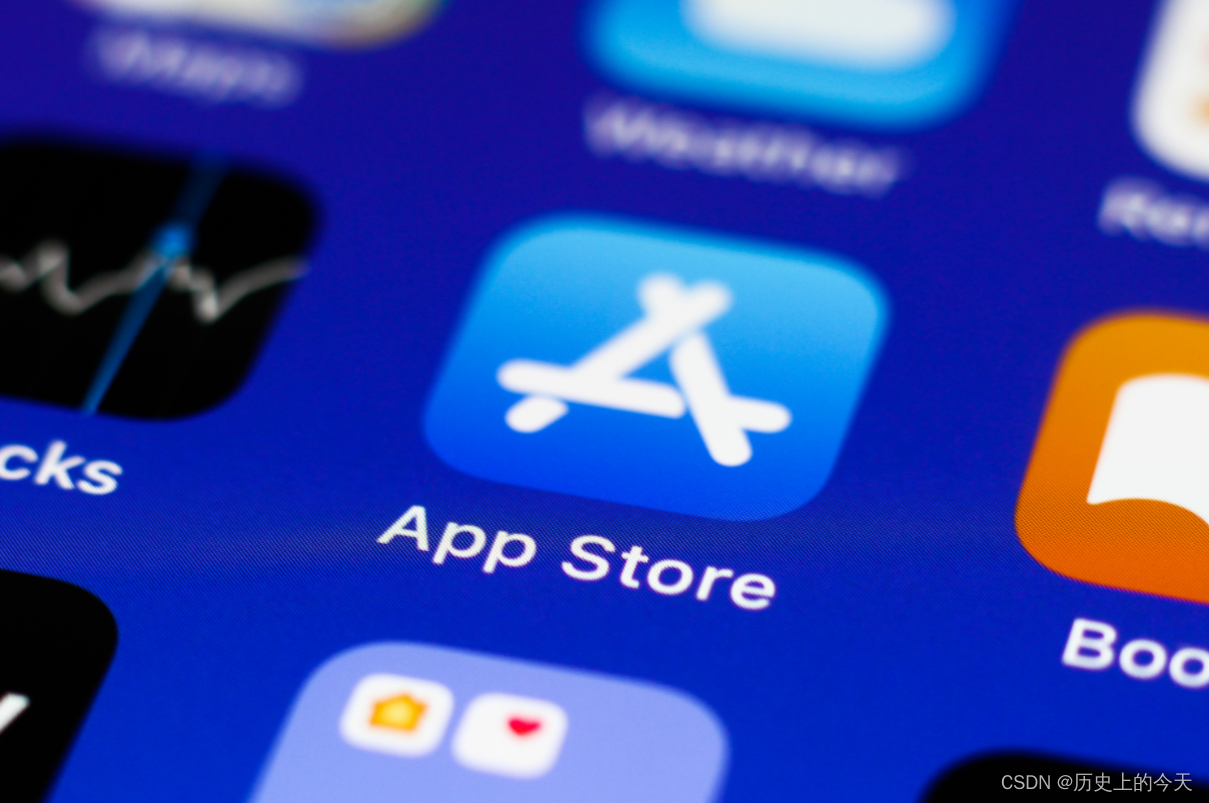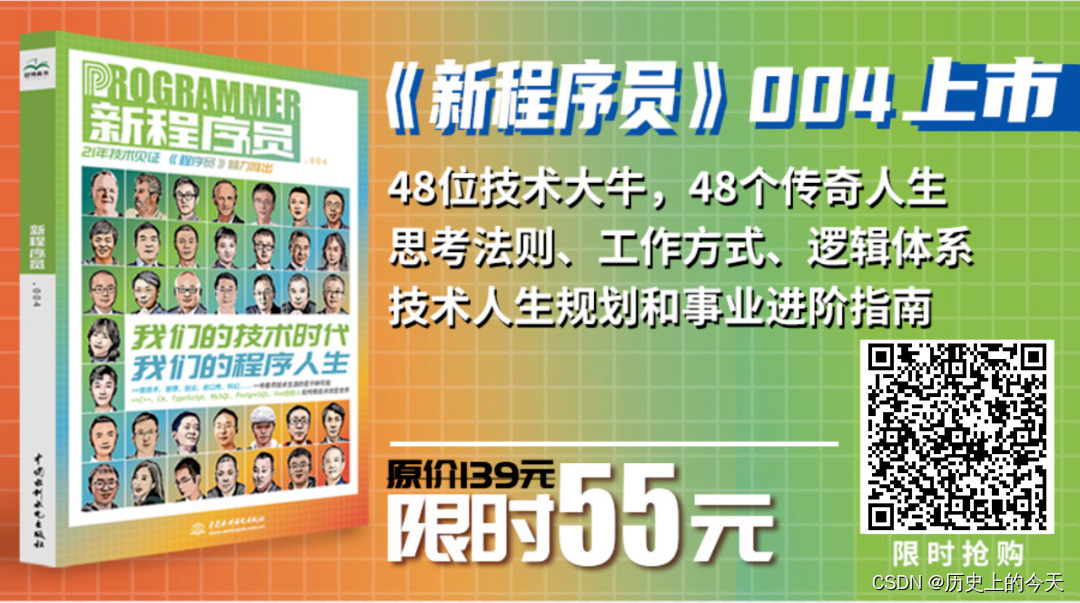Organize | Wang Qilong
Through "Today in History", the future can be seen from the past, and the future can also be changed from the present.
Today is July 10, 2023. On this day in 1856, Nikola Tesla, the inventor of alternating current, was born. Tesla is considered an important enabler of the commercialization of electricity and is best known for primarily designing the modern AC power supply system. Tesla has many revolutionary inventions in the field of electromagnetic fields. His many related patents and theoretical research work in electromagnetism are the cornerstone of modern wireless communication and radio. On July 10th in the history of technology, there are many key events that happened on this day, let us review them one by one.
July 10, 1931: Zhang Zhongmou, founder of TSMC, was born
Zhang Zhongmou, born in Ningbo, Zhejiang Province on July 10, 1931, is the founder of Taiwan Semiconductor Manufacturing Co., Ltd. (TSMC). He is known as the "Chip King" and the "Godfather of Semiconductors" in Taiwan, China. Zhang Zhongmou is also a member of the board of directors of the Massachusetts Institute of Technology, an academician of the Taiwan Academy of Mechanical Sciences, and serves as an advisor to the New York Stock Exchange and Stanford University. On June 5, 2018, Zhang Zhongmou announced his official retirement. In August 2019, Zhang Zhongmou ranked 2057th on the 2019 Forbes Global Billionaires List.
Zhang Zhongmou was born in Yin County, Zhejiang Province in 1931. In 1932, the Zhang family moved to Nanjing, and then to Guangzhou in 1937. When the Anti-Japanese War broke out, Guangzhou was bombed by the Japanese army and moved to British Hong Kong. When the Pacific War broke out in 1941, the Japanese occupied Hong Kong. In 1943, the Zhang family moved to Chongqing again and entered Chongqing Nankai Middle School. After the victory of the Anti-Japanese War in 1945, he moved to Shanghai and entered Shanghai Nanyang Model Middle School. When the war resumed in 1948, Zhang Zhongmou returned to Hong Kong with his family and studied at Hong Kong Peiying Middle School.

In 1949, Zhang Zhongmou went to Boston to study at Harvard University, and transferred to the Department of Mechanical Engineering of the Massachusetts Institute of Technology the following year. In 1952, he obtained a bachelor's degree and a master's degree in mechanical engineering from the Massachusetts Institute of Technology; at the age of 24, Zhang Zhongmou, as a master's student who graduated from the Massachusetts Institute of Technology, entered the semiconductor industry at the same time as Gordon Moore, the founder of semiconductors and the founder of Intel Corporation. The inventor of the integrated circuit, Jack Kilby, entered Texas Instruments at the same time. In fact, at the beginning, Zhang Zhongmou considered working for Ford Motor Company. However, the salary offered by Ford Motor Company was one dollar less than the monthly salary of the semiconductor department of Sylvania Company, so he chose to work for Sylvania Company and stepped into the semiconductor industry from then on. In 1958, he joined the Division of Texas Instruments and became the Engineering Manager three years later. In 1964, Zhang Zhongmou received a Ph.D. from the Department of Electrical Engineering of Stanford University.
In 1972, Zhang Zhongmou was promoted to Deputy General Manager of Texas Instruments Group. In 1983, he left Texas Instruments and joined General Instruments as Chief Operating Officer. In 1985, at the invitation of Sun Yunxuan, Zhang Zhongmou went to Taiwan, China to serve as the president of the Industrial Technology Research Institute and concurrently as the chairman of Lianhua Electronics; because of his outstanding contributions to the semiconductor industry, Zhang Zhongmou was rated by the US media as the most successful person in the 50-year history of the semiconductor industry. One of the contributors and one of the best managers in the world. The international media called him "a person who makes his opponents tremble", because he pioneered the professional foundry of semiconductors.
Source: Wikipedia
July 10, 2007: iPhone 2G jailbroken

The term "jailbreaking" comes directly from the English term "jailbreaking," which, on Apple devices running iOS and iOS-based operating systems, refers to the use of privilege-escalation vulnerabilities to remove manufacturer-imposed software restrictions. Usually it is done through a series of kernel patches. Jailbroken devices allow root access in the operating system and provide the right to install software not available in the App Store. Different devices and versions are exploited by various tools. Apple considers jailbreaking a violation of the End User License Agreement and strongly cautions device owners not to attempt to gain root access by exploiting vulnerabilities.
Though sometimes compared to rooting an Android device, jailbreaking is a way to bypass several of Apple's prohibitions on end users. Since it includes modifying the OS (enforced by a "locked bootloader"), installing unofficially sanctioned (not available on the App Store) apps via sideloading, and granting users elevated administrative-level privileges (rooting), Hence these concepts, iOS jailbreaking is technically different than rooting an Android device. On June 29, 2007, the iPhone 2G was released, and the first iOS jailbreak happened on July 10 of the same year, only 11 days apart. Subsequently, Apple began a history of continuously releasing patches to fix jailbreak vulnerabilities.
Will you modify your mobile phone system? What do you think of the security, privacy and stability issues of the mobile phone system after the change? Welcome to share your insights in the comment area.
Source: Wikipedia
July 10, 2008: iOS App Store launches
The App Store is a digital mobile application distribution platform created and maintained by Apple for its iPhone, iPod Touch, and iPad products. It allows users to browse and download some applications developed by the iOS SDK or Mac SDK from the iTunes Store. Depending on the distribution of the application, users can pay or download it for free. The application can be downloaded directly to the iOS device, and before iTunes version 12.7, it can also be downloaded to the computer through iTunes on the macOS or Windows platform and then synchronized to the iOS device. It contains games, schedule management, dictionaries, photo galleries and many useful software.
iOS 6 released through Apple's Worldwide Software Developers Annual Conference 2012 has changed the store's user interface and shopping experience for the first time. The update program does not require a password, and the purchase program does not need to return to the main screen. Newly downloaded applications are attached. Has the "New" label (starting with iOS 7 changed to a blue dot). When iOS 11 was released in 2017, Apple changed the Store UI for the second time. Like the iTunes Store, Apple makes money from the App Store through a cut of app sales. Apple and its partners get 30% of the sales revenue of all applications issued by third-party developers, and developers get the remaining 70%. In 2018, the App Store's revenue was US$46.6 billion and its profit was US$13.98 billion.

"Software is a product" is the foundation of Microsoft. Bill Gates sold "boxed software" to users in the form of products, and relied on the bundling sales strategy of the operating system to dominate the world. In the 3G era, smartphones have become the mainstream. Jobs tried to change the market structure established by Microsoft and IBM, so what he wanted to release was not an "iPhone software application store", but a direct declaration of war against Microsoft; July 2008 On April 10, the iPhone 3G with iPhone OS 2.0.1 pre-installed was released, and the new firmware for iPhone and iPod Touch supported the App Store for the first time, revolutionizing the way software is sold around the world.
App Store is a channel platform for service publishing, which allows programmers and companies with ideas all over the world to freely sell their own products; App Store is also an application developed based on Apple's SDK, because in the App store model There are no complicated business relationships and property rights disputes, and it can also provide third-party software providers with attractive sales sharing ratios, thus attracting countless third-party software providers to participate. The App Store has greatly lowered the threshold for people to enter the field of mobile phone software. People no longer need to spend extra money to buy applications after buying a mobile phone, which makes third-party software providers more enthusiastic about participating in it, adapting to mobile phone users. The need for personalized software.
The App Store released in July was like a spark in the mobile phone software industry; in October of the same year, Google's Android Market was opened, one month after the world's first Android phone was released. Now, 14 years later, the App Store has become the most important tool in the ecology of these two companies' respective monopolies, ensuring that no one can challenge the status of iOS and Android. In your opinion, apart from the changes in the software ecosystem in 2008, what other factors have contributed to the successful monopoly of these two operating systems? Welcome to share your insights in the comment area.
Taking history as a mirror, we can know the ups and downs. Since the development of computer science, there have been many crucial events and characters. In " New Programmers: Our Technology Era, Our Program Life ", more than 40 technicians spanned half a century and used codes to write out real program life stories!
Scan or click " New Programmer: Our Technology Era, Our Program Life " to subscribe!
